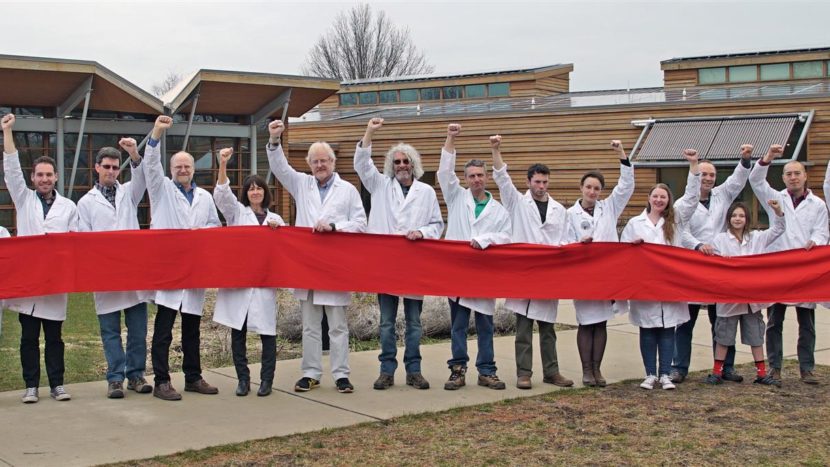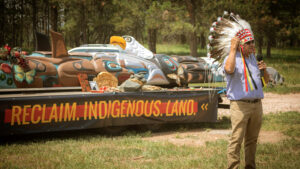May 3, 2018, 4:30pm – 6:30pm
@ Princeton Environmental Institute
Facebook event information here.
The election of Donald Trump has intensified the assault on climate science in the US, with his administration seeking to shut down environmental regulations. Climate science deniers such as Scott Pruitt and Kathleen Hartnett-White have been nominated for and appointed to key posts, academic researchers have been purged from the EPA’s scientific advisory boards, and draconian budget cuts targeting climate research have been implemented. Information about climate change has been deleted from government websites and scientists working for EPA have been issued with gag orders in a tactic reminiscent of the worst authoritarian regimes. While research on climate change has been a top target, the assault on science extends far wider, including an 80% cut to programs seeking to prevent the spread of global epidemics and an attempt to eliminate programs which inventory toxic chemicals.
In response to these attacks, scientists mobilized for the March for Science on Earth Day 2017. The movement to support scientific research and public science-based advocacy has continued to grow since then. But, if, as Scientific American argues, “Scientists should be speaking up about all sorts of science-based issues that affect our lives,” as they go on to note, “unfortunately, the greatest obstacle to informing the public may be the very universities that many scientists work for.”
How can scientists better amplify their voices in today’s fractured public sphere? What role can universities play in enabling scientists to reach broader publics? And when and how is it appropriate to challenge an ethics of scientific research grounded in an idea of value free analysis, pushing science towards an idea of research for the public good? This discussion will convene a group of eminent scientific researchers who have also stepped into the public limelight around issues of critical contemporary importance to engage with some of these questions.
Speakers
- Tyrone B. Hayes, an American biologist and professor of Integrative Biology at University of California, Berkeley known for his research findings concluding that the herbicide atrazine is an endocrine disruptor
- Rosalyn LaPier, an award-winning Indigenous writer and ethnobotanist who studies the intersection of traditional ecological knowledge and the academic study of environmental and religious history. She is also the national board chair of the March for Science, a member of the U.S. EPA’s Environmental Justice Advisory Committee, and a Fellow at the Smithsonian National Museum of Natural History.
- Conor Dempsey, member of Science for the People, PhD student in theoretical neuroscience at Columbia University.
- Ruha Benjamin, African American Studies faculty member at Princeton and author of People’s Science
- Siddhartha Roy, student leader and communications director of Virginia Tech’s Flint water study research team, Roy led part of a scientific and humanitarian battle alongside Flint residents to uncover environmental injustice and a public health crisis.
Organized by Ashley Dawson with the Center for the Humanities at CUNY Graduate Center, Princeton Environmental Institute, and The Natural History Museum.
This panel is part of a programming series in association with Kwel’ Hoy: Many Struggles, One Front, an exhibition by The Natural History Museum on view at The Watershed Center from April 24 – September 1, 2018.
FULL PROGRAM OF EVENTS:
4/21: Totem Pole Journey Event at the Ramapough Lenape Prayer Camp
4/24: Exhibit opening and Reception — Kwel’ Hoy: Many Struggles, One Front
5/1: Panel Discussion: Museums in a Time of Crisis
5/3: Panel Discussion: Science for the People







